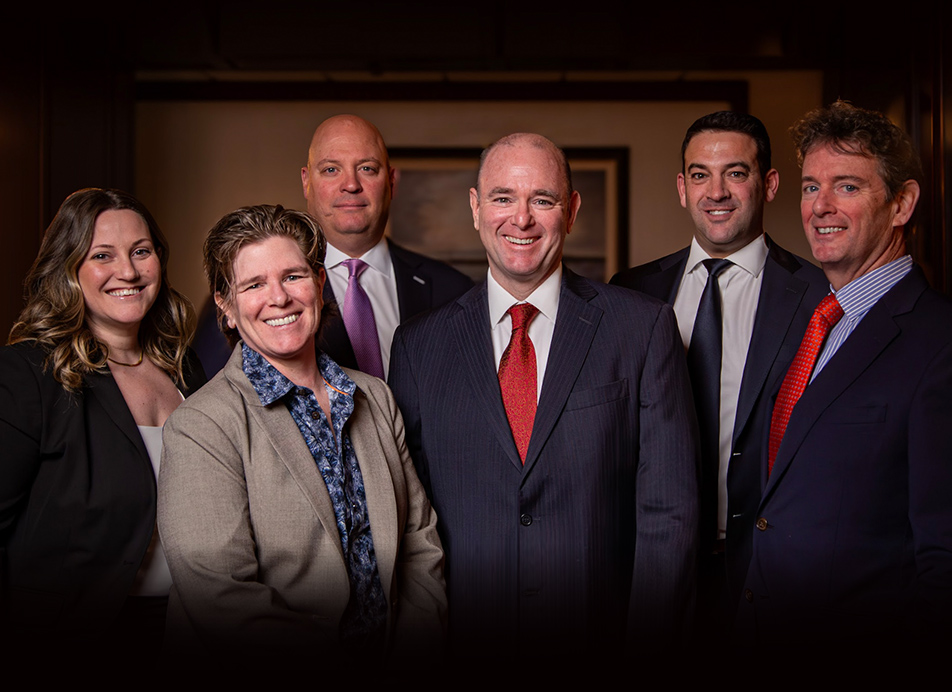Table of Contents
How to Cope with Cerebral Palsy for Parents
“Your child has cerebral palsy.”
It’s a gut-wrenching, devastating statement. The kind that makes time slow down and sound distort. The kind that changes your life in an instant, but can’t be fully understand for years, if ever.
But what does it mean? What is cerebral palsy, and how does it affect your child’s development? What can you do?
This article attempts to answer these questions in simple language, so that you as a parent can begin to grasp what it means for you, and what it means for your child, and how you will journey through this together. The author is a pediatric nurse with years of experience in caring for children with cerebral palsy. I want you to know that you are not alone, and that this journey is not impossible. Difficult, yes, but not impossible. So, let’s start with some definitions. What is cerebral palsy? How does it affect your child?
What is cerebral palsy?
Cerebral palsy is a neurological (brain) disorder that is caused by a brain injury before, during, or immediately after birth. Cerebral palsy (often abbreviated CP) is an umbrella term for a group of disorders that affect movement, balance, and coordination. What that means, in practical terms, is that every child with a diagnosis of CP will be unique. While there are some common characteristics, no two children are the same.
CP is classified according to how movement is affected. The problem may be primarily spasticity (stiffness), or dyskinesia (uncontrolled movement), or ataxia (poor balance and coordination). Spastic CP is most common, around 80% of all CP.
There is also wide variation in how badly someone’s movement is affected. In severe cases, they may not be able to move purposefully at all and require total care, while others may have only a slightly awkward gait which does not really interfere with daily life.
Challenges with bowel and bladder function are common, since the muscles that control these organs are frequently affected. Other functions, such as breathing, talking, eating, and fine motor control, may also be altered.
How does CP affect my child’s development?
In some cases, the brain damage that causes CP only affects movement. In severe cases this may result in a “normal” brain trapped inside a non-functioning body. In other cases, intellectual disability accompanies CP. If the brain damage affects speech or limits purposeful movement, communication is usually limited, and may overlap with and increase intellectual delay.
Cerebral palsy is usually diagnosed in the first years of life, when a child is delayed in reaching movement or motor milestones, such as being able to hold their head independently, roll over, crawl, walk, etc. Every child develops at their own unique rate, and just because a child is developmentally delayed does not automatically indicate that they have CP.
Exactly how CP will affect your child’s development must be seen with time. Because brains do not heal in the same way that the rest of the body does, healing is slow, uncertain, and often does not occur at all. This means that the brain injury is permanent. However, it is important to note that the damage is a one-time event and does not get worse. That is, the brain injury will not worsen, although you may notice progressive muscle contractures and other motor disturbances.
What’s next?
Now that you know, or suspect, the diagnosis, what do you do next?
The prospect of an entire lifetime of living with a child with cerebral palsy is overwhelming. Just figuring out where to start is a huge undertaking.
If you are reading this, you have obviously already started. You are learning, seeking information, educating yourself. This is an excellent beginning.
Your pediatrician or family doctor will be able to refer you to local resources. Almost always, physical therapy can make a huge difference. Occupational therapy is also useful, especially as your child gets older. Speech therapy can help even non-verbal children find ways to communicate. Whether your child is mainstreamed (placed in a classroom with neurotypical peers) or in a special education classroom, their teachers will find creative ways to present knowledge and skills so that your child is able to understand and participate beyond what you would have believed possible. You are about to enter a world of compassionate and skilled professionals who dedicate their lives to helping your child achieve his or her maximum potential.
For right now, here are a few suggestions to get you started in assembling your child’s team of professionals.
Find a good pediatrician. Not every practitioner is familiar or comfortable with cerebral palsy, and it is worth the effort to find someone with whom you feel comfortable and who is able to give your child the specialized care they deserve. Where I live, there are several children’s hospitals within the region, and the staff there is exceptional in providing compassionate and highly skilled medical care that is adapted to the needs of kids with CP. Ask around. Find social media groups where parents share their knowledge, resources, and good and bad experiences. Even is your child is still too young for school, your local special education classroom can be a wealth of information and connections.
Within your family, the greatest gift you can give your child is to include them in everything your family does. This will be difficult. It will take extra energy, planning, and time. It will become your new normal, and yet it will never be quite normal. It will not always be possible, and then you will feel the oddest mixture of guilt and relief when you leave them with someone else. You will doubt yourself, and you will be fiercely proud, and you will cry hot tears, and you will love this child in ways you cannot understand yourself.
References:
https://www.cdc.gov/ncbddd/cp/facts.html
https://www.cerebralpalsy.org/about-cerebral-palsy/definition
https://kidshealth.org/en/parents/cerebral-palsy.html
How Can We Help?
Please complete the form below and a member of our team will get in touch with you as soon as possible.












